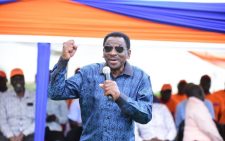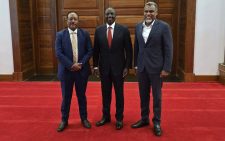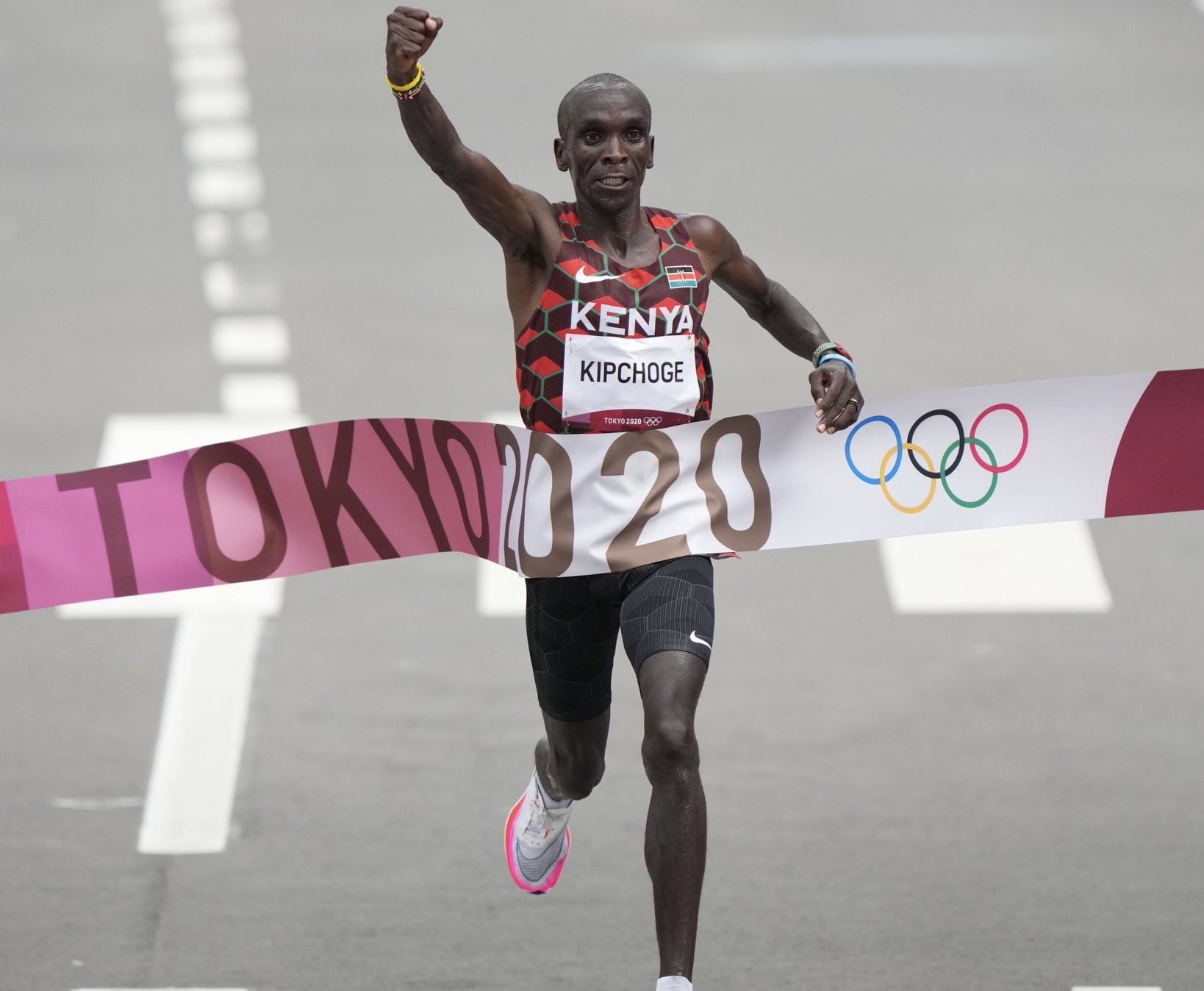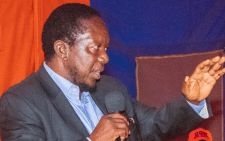Sober outlook on hopes of Madaraka Day

Kenyans today mark Madaraka Day — a very important occasion in the national calendar — at a time the country is going through a difficult period in its history.
The day offers an opportunity for reflection. Madaraka means power in Kiswahili and commemorates the day in 1963 when Kenya attained internal self-rule from British colonialists.
Full independence came on December 12, the same year and exactly one year later Kenya adopted a republican government.
Taking control of its internal affairs after colonial subjugation, the new leadership offered unbridled hope to Kenyans bristling with the euphoria of independence, power and prospects for prosperity.
Freedom fighters who gallantly engaged in protracted physical and constitutional battles for independence and power summed up national aspirations in a simple phrase that resonated with wananchi, “freedom from disease, poverty and ignorance”.
In simple terms, the government of independence and after, with all vested powers, would implement policies ensuring good health, education and economic growth for the citizens while upholding democracy, justice and human rights. Sadly, we are yet to achieve these goals.
Fast forward to 2021 and it would appear we have been thrown back to the pre-independence era.
While the power struggle of yore pitted freedom fighters against colonialists, today’s internal Madaraka struggle involves those who took power from colonialists!
Despite strides in political, economic and constitutional spheres, our nation reels from a hangover of failure to harness the priceless gift of independence and power into a fountain of national cohesion, not a crucible of strife and graft.
Lawyer Peter Waiyaki summed up the sad narrative of the Kenyan nation during last week’s 18th national prayer breakfast attended by key players in all arms of government.
He said the country had been plunged into unprecedented levels of corruption, hopelessness, ethnicity, nepotism, unemployment and abject poverty.
The unending seasons of power struggles dating back to the first Madaraka Day are replaying.
We are trapped in a web of political deceit, the population is in despair, the dire socio-economic scenario exacerbated by the coronavirus pandemic.
We are still crying for “freedom from disease, poverty and ignorance” that our valiant nationalists succinctly spelt out at independence.
It is time to reboot our political, social and economic system and make a clean break from the pathetic past.
While the pursuit of elusive political, electoral and social justice remains paramount, the simpler and more achievable route lies in strengthening (not tampering with) the Constitution and the consolidation of the economic benefits it has so far successfully engendered through devolution.
The Commission on Revenue Allocation touched this raw nerve in a report released week, noting how more than half of county governments over-rely on agriculture (the backbone of the economy) in revenue collection, yet do very little to uplift the sector and support farmers.
The national government should heed the Parliamentary Budget Office’s flagging of the 2021/22 Budget for failing to adequately fund President Uhuru Kenyatta’s legacy Big Four agenda, allocating it only Sh135 billion of the Sh3.66 trillion budget.
‘Big Four’ offers an opportunity to counter the ‘hustler’ narrative seemingly taking root among millions of restless unemployed youth who are likely to influence 2022 electoral succession politics.
The agriculture pillar in the agenda can quickly create jobs and food security.
It is also a key plank of the UN Decade on Ecosystem restoration for forests, farmland and the blue economy to be launched on Thursday, two days after Madaraka Day. — [email protected]








